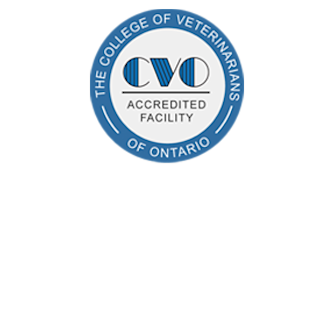Bathurst Animal Hospital
Cardiology
Cardiology is a branch of medicine dealing with disorders of the heart as well as part of the circulatory system.

Overview
Cardiology is the branch of medicine dealing with disorders of the heart as well as part of the circulatory system. What causes, symptoms, diagnosis, and treatments exist for heart problems in different animals can vary widely.
Why should I consider cardiology work-up for my pet?
Cardiology is the branch of medicine that specializes in the heart as well as part of the circulatory system. This is especially important because if your pet is born with a congenital heart disease, it can lead to heart failure. Heart failure is also more common in older pets. Whether your pet is born with a congenital heart defect or is just getting older, they can both lead to heart failure. The best way to prevent heart failure is through catching the problem early.
When should I consider cardiology work-up for my pet?
The symptoms of heart disease vary widely, and in some animals don’t show at all. The common symptoms of heart diseases include: coughing, difficulty breathing, loss of appetite, weight loss, behavior changes, and rear limb weakness. If your pet is experiencing any of these symptoms, then it could mean their heart is working inadequately and could potentially lead to heart failure.
Although heart problems are found more often in older pets, these conditions can affect pets at any age. Heart disease is usually a life-threatening condition, but early diagnosis and appropriate therapy can extend your pet’s life. If caught soon enough, some forms of heart disease can be cured.
Heart disease can lead to congestive heart failure (CHF), which occurs when the heart can no longer pump blood effectively. If an animal is suffering from CHF, fluid usually accumulates in and around the lungs and sometimes in the abdomen. Congenital heart disease (animals born with a heart problem), valvular heart disease (abnormalities of the heart valves), arrhythmias (rhythm disturbances), and heartworm disease can all lead to CHF.
Call us if your pet starts breathing rapidly or coughing, loses his or her appetite, tires easily, seems weak, or has trouble exercising. We can discover many heart problems during a physical exam. Additional tests, such as an electrocardiogram (ECG), radiographs (x-rays), and ultrasounds, are usually needed to accurately identify the cause of the heart disease or failure.
How is my pet cared for during cardiology care?
Checking for heart disease is routine at every checkup for your pet. Management of a heart disease will depend on the severity. If the disease is asymptomatic (meaning it doesn’t produce or show symptoms) they may not need treatment, but the animal will need to be monitored. For animals that develop symptomatic heart failure, a combination of medications can be used to increase the life expectancy from months to years.
The most effective way to protect your pet as a pet owner is to visit your veterinarian regularly and catch any problems early. The sooner we can intervene, the better the chance we can give your pet a longer and healthier life.

